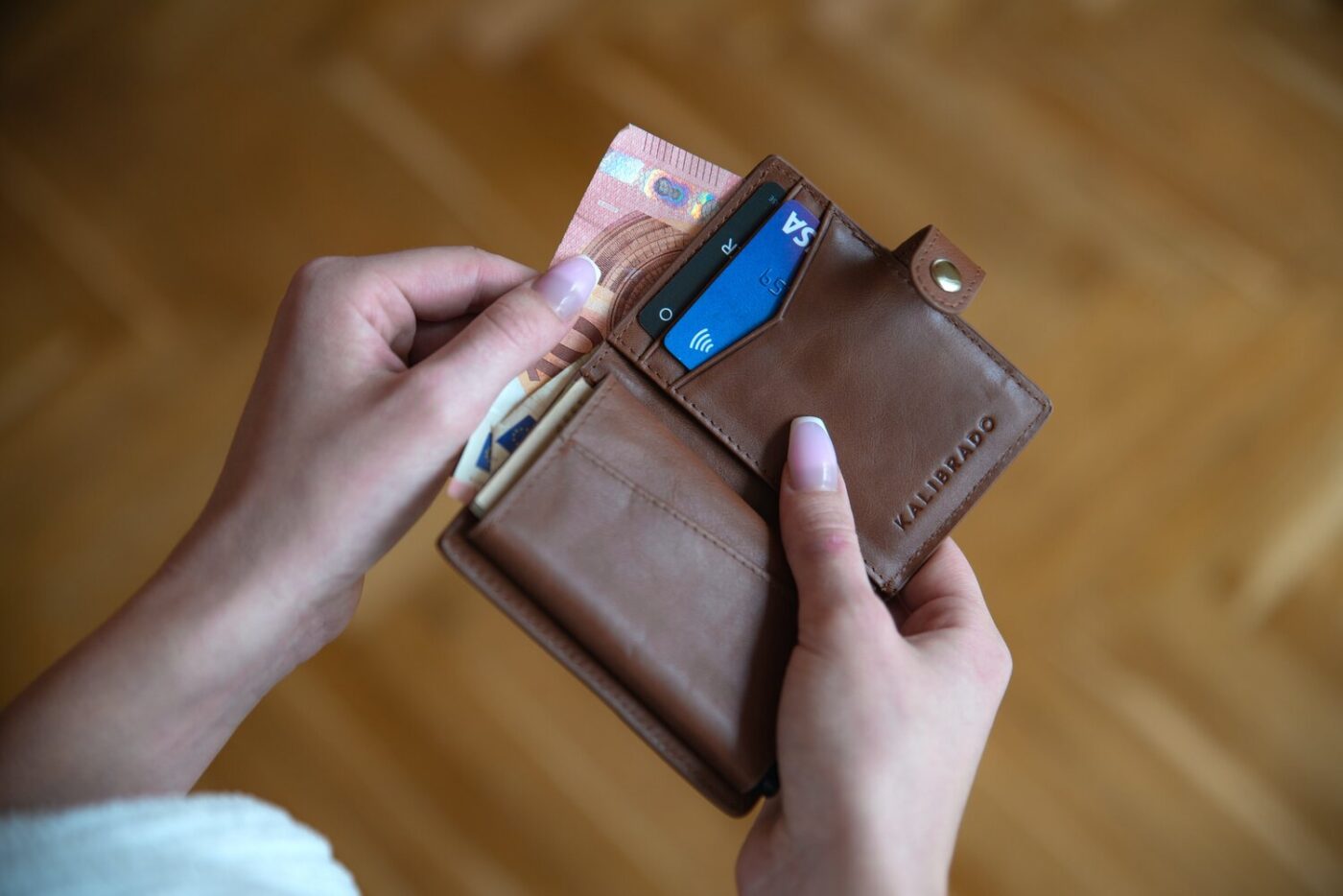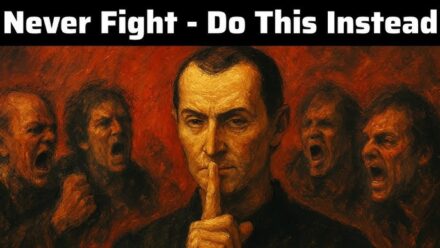Credit Card Tips for Young Adults
Estimated reading time: 5 minutes
Getting your first credit card is a big step, it’s like being handed the keys to your financial future. But just like driving, if you don’t know the rules, things can go wrong fast. Credit cards aren’t free money, and treating them that way can lead to debt that sticks around for years.
For young entrepreneurs, students, or anyone starting their financial journey, using credit wisely can open doors. It can help you build a strong credit score, access better loan rates, and even fund business ideas down the line. But misuse can drag you down before you even get started.
Here’s how to handle credit cards like a pro.
1. A Credit Card Isn’t Free Money (Treat It Like Cash)
This is the golden rule. Swiping a credit card feels easy, but every dollar you spend has to be paid back often with interest. If you don’t clear your balance in full each month, those extra charges add up fast.
- Tip: Before buying anything, ask: “Would I pay cash for this right now?” If the answer is no, skip it.
- Pitfall to avoid: Thinking “I’ll pay it off later” is how debt spirals begin.
2. Budget First, Spend Second
If you’re building a business or managing student expenses, knowing where your money goes is crucial. A credit card should fit into your budget, not replace it.
- How to do it:
Pro move: Some entrepreneurs use credit cards for business expenses to earn rewards, but they always pay the balance in full.
3. Pick the Right Card for Your Goals
Not all credit cards are the same. Some charge high fees, while others offer perks like cashback or travel points.
- For beginners: A secured credit card (where you put down a deposit) is a safe way to start building credit.
- For students: Look for cards with no annual fees and rewards for good grades or on-time payments.
- For side hustlers: A card with cashback on gas or office supplies can add up.
Check terms carefully: High-interest rates can wipe out any rewards if you carry a balance.
4. Pay On Time, Every Time
Late payments hurt your credit score and trigger fees. Even one missed payment can stay on your record for years.
- Set it and forget it: Automate payments for at least the minimum due.
- Better yet: Pay the full balance automatically to avoid interest.
Why this matters: A strong credit score helps with everything, renting an apartment, getting a business loan, or even landing certain jobs.
5. Keep Your Credit Utilization Low
Credit utilization is how much of your available credit you’re using. Experts recommend staying below 30%.
- Example: If your card limit is $1,000, try not to owe more than $300 at any time.
- Why? High utilization suggests you’re over-reliant on credit, which lenders see as risky.
Quick fix: If you need to make a big purchase, pay part of it early to keep utilization in check.
6. Avoid Minimum Payments (They’re a Trap)
Paying just the minimum keeps you in debt longer and costs way more in interest.
- The math: A $1,000 balance at 18% interest could take 5+ years to pay off if you only make minimum payments, and you’d pay nearly $500 extra in interest.
- Better strategy: Treat your card like a debit card, only spend what you can pay off immediately.
7. Learn and Monitor Your Credit
Your credit score affects loans, insurance rates, and even some job opportunities. Stay on top of it.
- Free tools: Apps like Credit Karma or Chase’s Credit Journey let you track your score.
- Check for errors: Mistakes on your report can drag your score down. Dispute them fast.
Final Thoughts: Credit Cards Are Tools, Not Toys
Used right, a credit card can be a stepping stone helping you fund a startup, travel for work, or build financial credibility. Used wrong, it’s an anchor.
Quick recap:
- Spend only what you can repay.
- Pay on time, every time.
- Keep balances low.
- Pick the right card for your needs.
The sooner you master these habits, the sooner you’ll unlock opportunities both personally and professionally.








